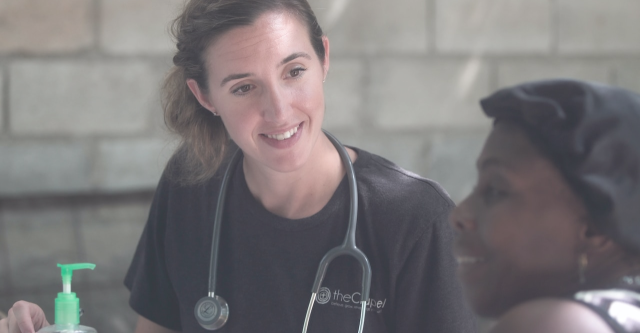Disadvantages in socioeconomic status (SES) contribute significantly to mental health difficulties among ethnic and racial minority youth.
When parents involve children in understanding and appreciating their heritage and offer a space for children to seek support, problem solve, and express their emotions about social injustices, they promote the child’s development of positive self-esteem, efficacy, and coping.

